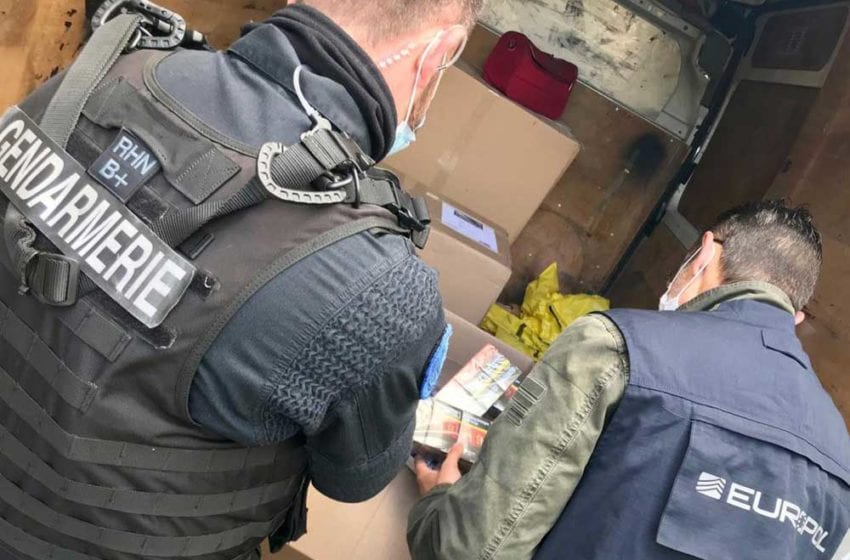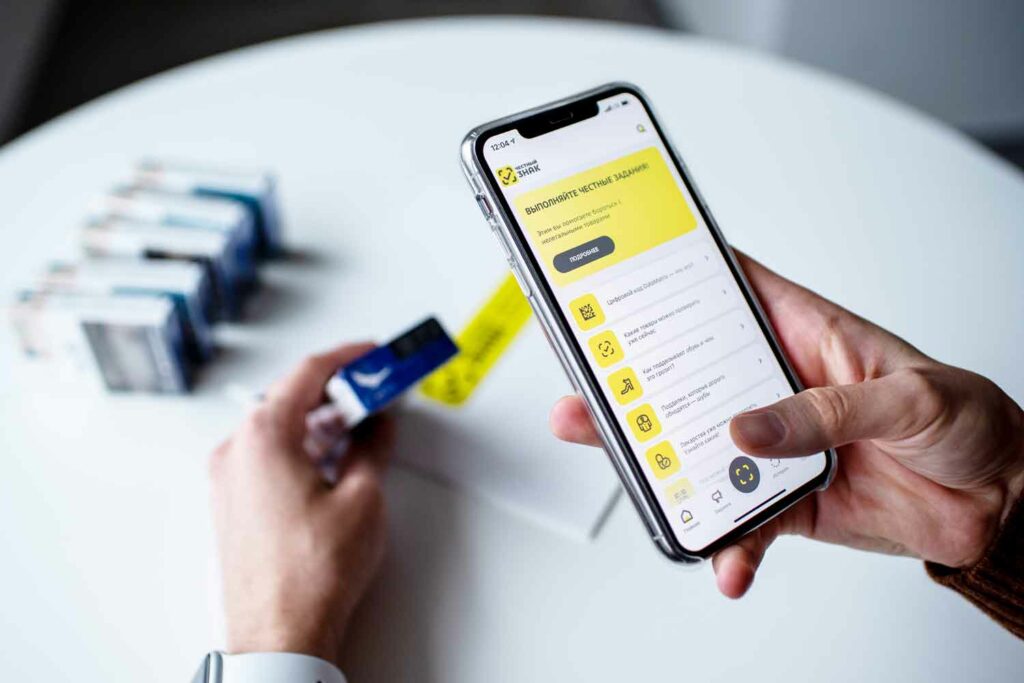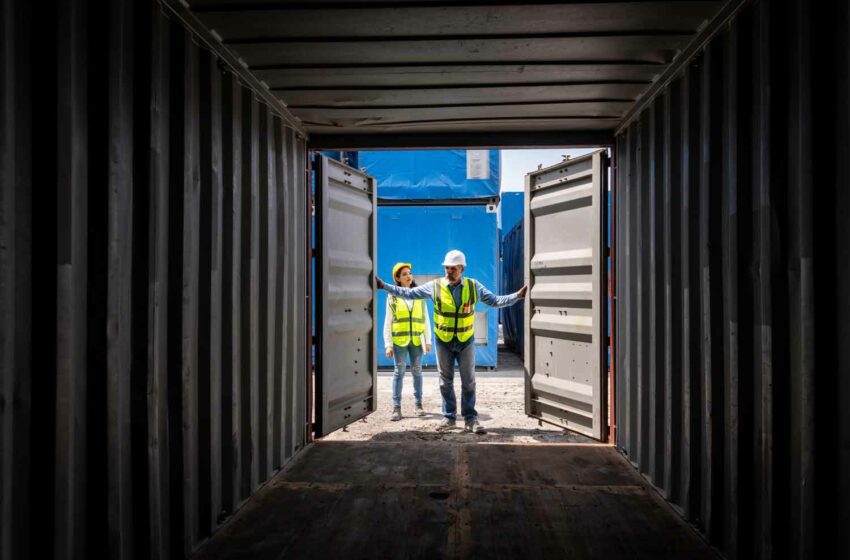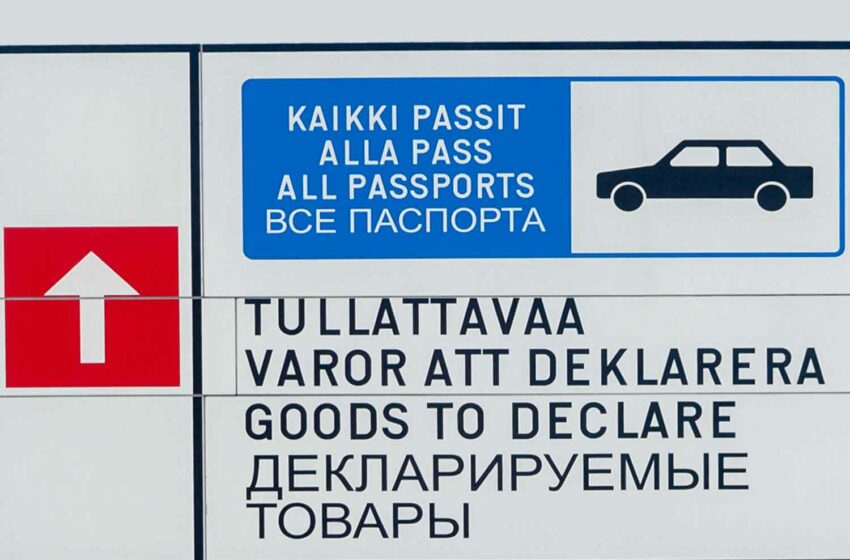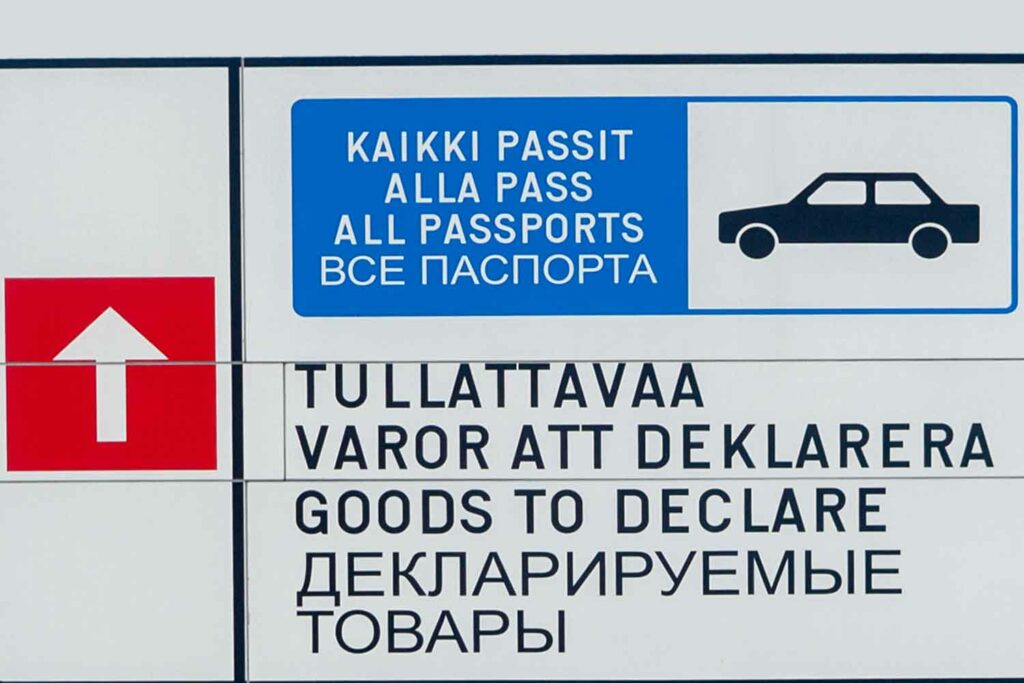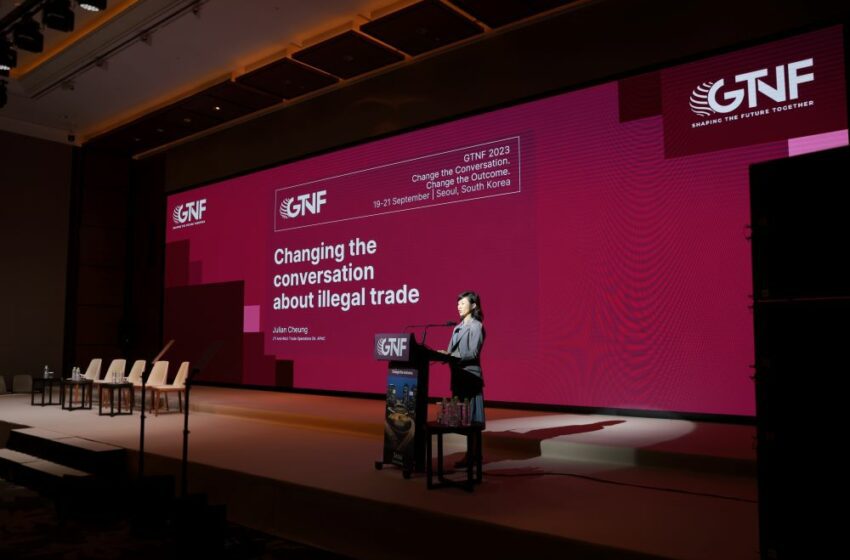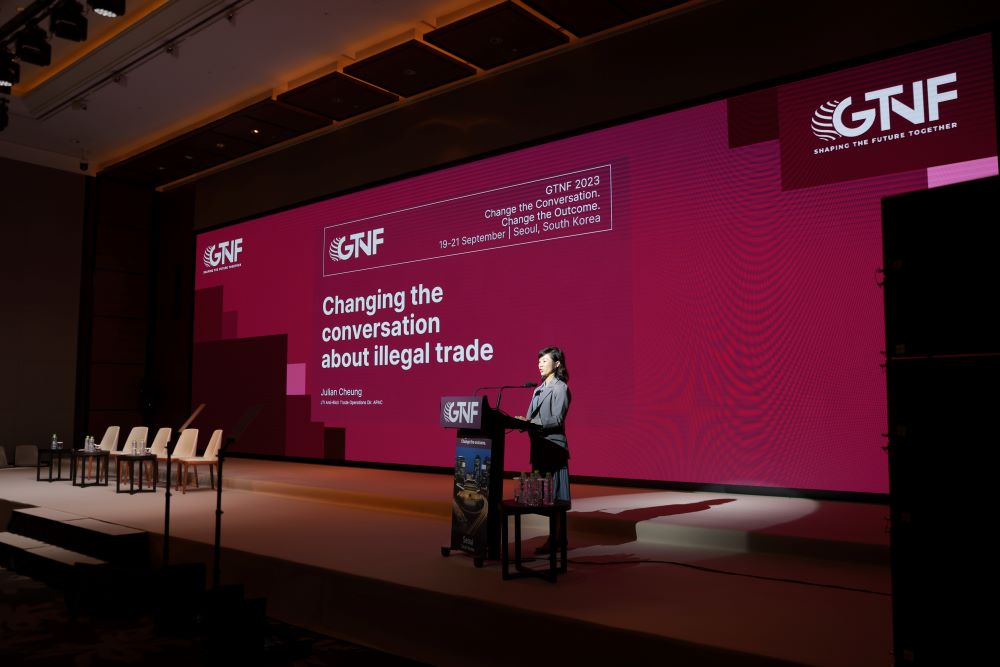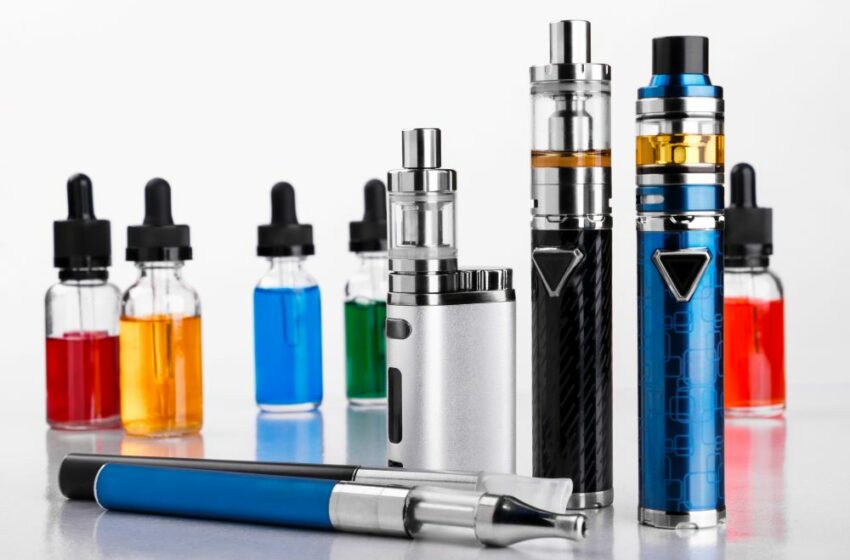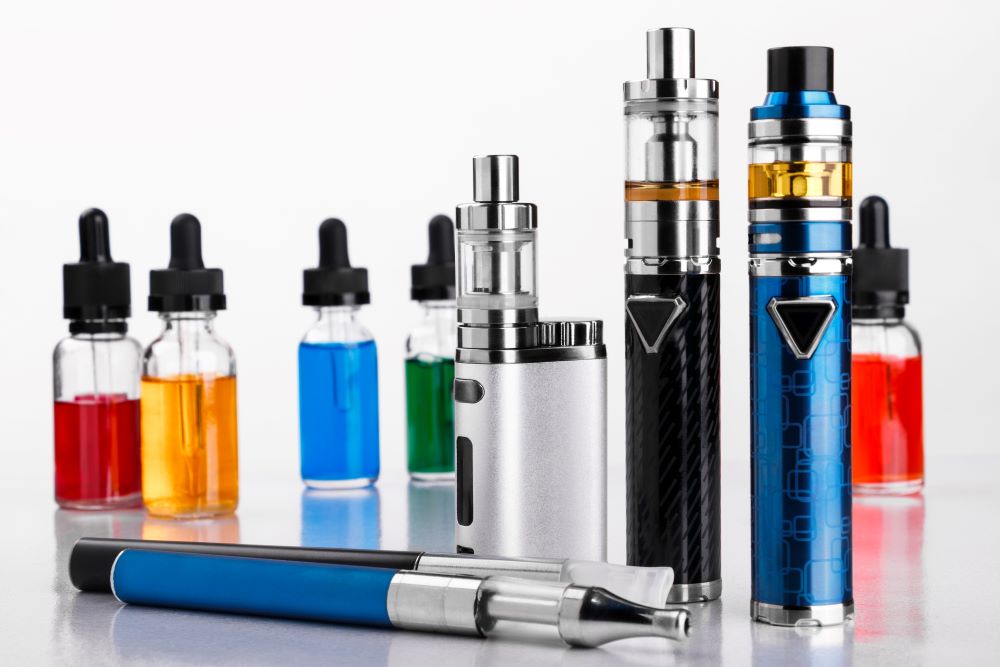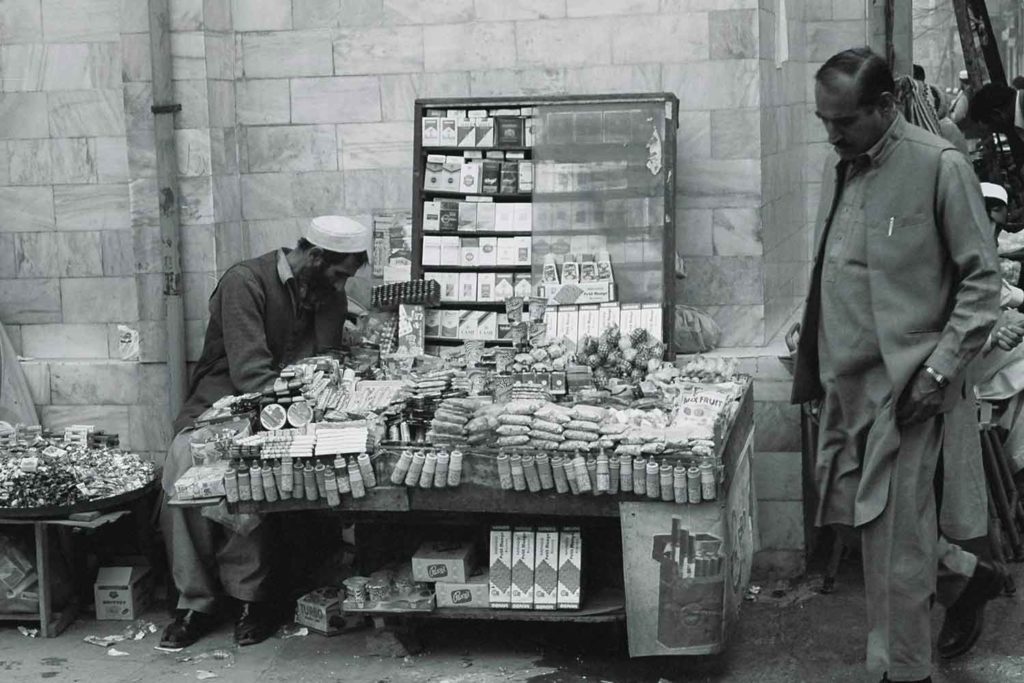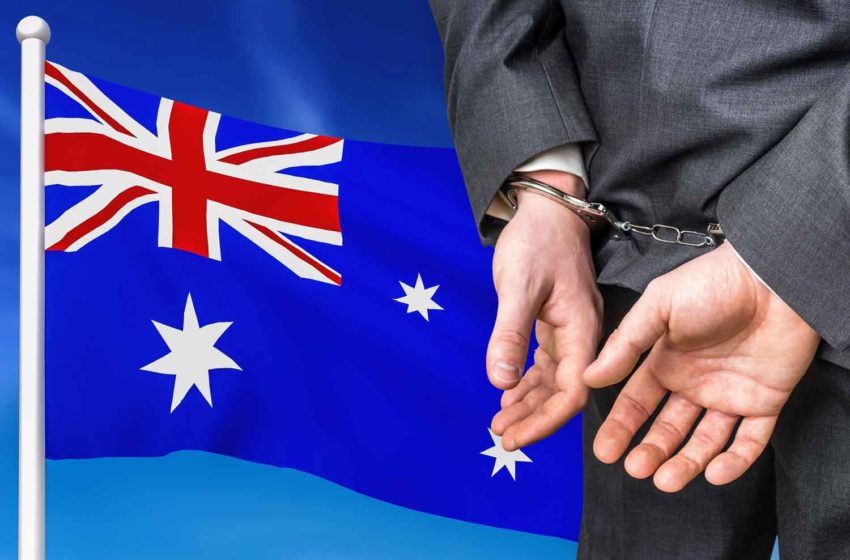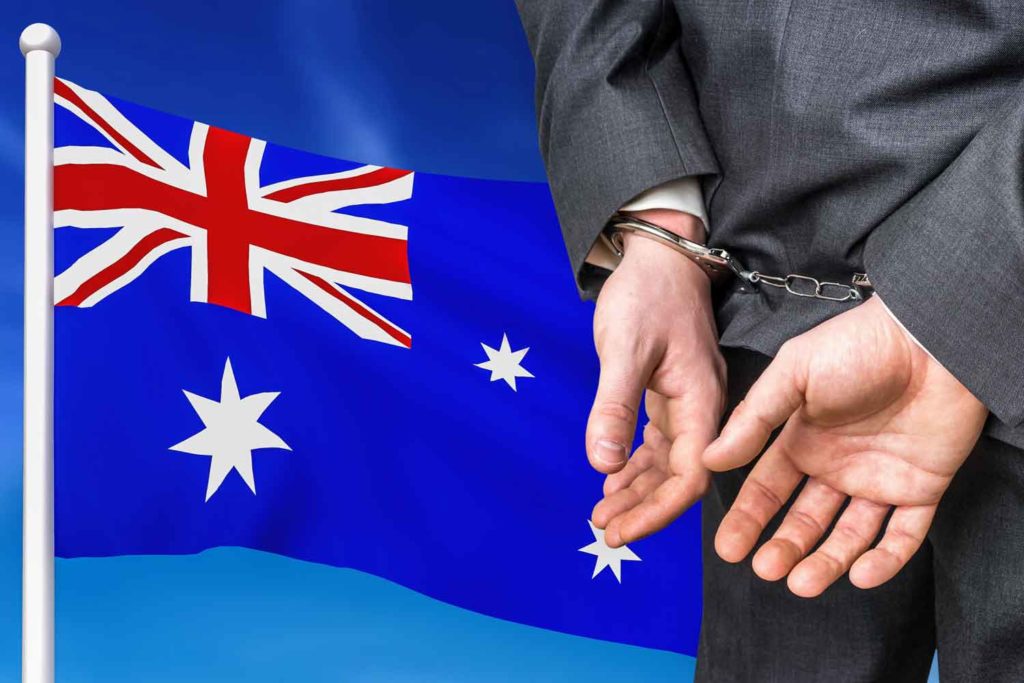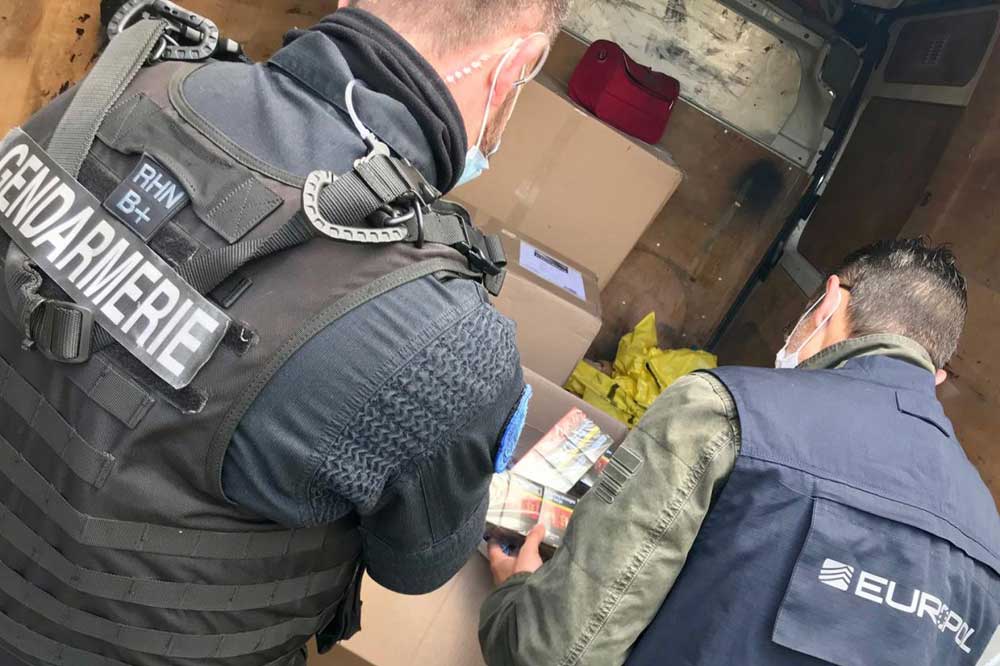
The Meeting of the Parties to the Protocol to Eliminate Illicit Trade in Tobacco Products kicks off today in Panama City.
The gathering brings together 68 parties that have been working together to halt illegal trade in tobacco products. The meeting, which will run until Feb. 15, is the third such gathering of the Parties to the Protocol and the first since 2021.
According to the World Health Organization, illicit trade accounts for about 11 percent of total global tobacco trade, and its elimination could increase global tax revenues by an estimated $47.4 billion annually.
Adriana Blanco Marquizo, head of the Secretariat of the World Health Organization Framework Convention on Tobacco Control said that, despite its claims to the contrary, the tobacco industry profits from the illicit trade. “Implementing the protocol generates substantial funds for parties as it safeguards important tax revenues that can be utilized by governments to finance sustainable development,” she said in a statement.
The Meeting of the Parties will review the efforts underway to implement a tracking and tracing system.
A key component of the global tracking and tracing regime is the global information-sharing focal point, and the first phase of that initiative will begin to become available to parties once the meeting concludes.
Following an initial pilot phase, the new system will be open to all parties to the protocol, helping them to further secure the tobacco supply chain and assist in investigations.
The Meeting of the Parties will also consider ways to improve implementation of the protocol, determine the road ahead and highlight the need for additional evidence-based research. Reporting and information-sharing mechanisms will also be considered, as the sharing of experiences and best practices among parties is key to advancing the fight against illicit trade.
In addition to the parties that are signatories to the protocol, which is an international treaty, the meeting will host observers, including countries that are not yet parties to the treaty.

